
Commentaries | May 15,2021
Apr 15 , 2023
By Shewangezaw Seyoum
In the wake of the Pretoria Peace Deal, Ethiopia is taking steps to permanently end the conflict in the northern part of the country. The latest moves include the parliamentary delisting of the Tigray People's Liberation (TPLF) as a terrorist organisation and establishing an interim regional administration for the Tigray Regional State. The federal government appears to be eager to showcase the return to normalcy to the international community, seeking support wherever it can.
As a result, aid begins to pour in.
US Secretary of State Anthony Blinken recently visited Ethiopia to mend strained relations caused by the two-year war and announced 331 million dollars in new humanitarian aid. The Europeans are also contributing, offering emergency aid and 32 million euros to help those affected recover from the war's worst effects. However, direct economic assistance and trade programmes are still not forthcoming.
Donors are unwilling to lift restrictions overnight and instead favour a gradual process.
The United States (US) and the European Union (EU) have long maintained that three criteria must be met before restoring direct economic support to Ethiopia's government. The first two — ending the fighting and resuming aid to Tigray — are largely being met. The third, accountability for human rights abuses, remains a contention.
Various proposals under the theme of transitional justice to address accountability are under consideration. However, the implementation may prove challenging for practical reasons.
A different type of accountability, related to aid money and resource distribution for those in need, could be more realistically achievable.
Ethiopia is grappling with multiple and overlapping humanitarian challenges, including prolonged drought and its consequences, the impact of conflicts in Northern Ethiopia, and seasonal flooding that devastates communities. The global economic crisis exacerbates these issues, with inflation, rising prices for essential commodities, and limited availability of supplies in affected areas.
Millions of Ethiopians face a dire humanitarian situation, requiring unprecedented assistance. The international community's increased allocation of resources for aid should be welcome and could save lives and alleviate suffering under the right circumstances.
However, aid does not always reach its intended beneficiaries or target long-term development projects and programmes. Consequently, accountability and sustainability are jeopardised. Aid money must be tracked and assessed through a national monitoring and evaluation (M&E) system.
Critical questions for a practical M&E assessment include the coordination, participation, and preparation required for success. At present, various government, international, and non-governmental organisations handle aid. The Ethiopian Disaster Risk Management Commission (EDRMC) manages emergency aid as an autonomous organisation, while non-profit organisations are subject to different reporting arrangements and mechanisms. Aid organisations are primarily answerable to the Charities & Societies Agency, with development-related public regulators involved lightly.
There is a gap when it comes to a comprehensive national aid M&E system.
For an effective system, engagement at the highest level of government must be maintained, and the M&E system's design should allow for crucial stakeholder representation. Developing a monitoring, evaluation, and reporting plan could be the starting point for building such a system. The plan should document data collection, evaluation, and reporting procedures.
There is an urgent need for assistance in Ethiopia. However, simply providing aid is not enough. For aid to be helpful, it must be carefully planned, monitored, and evaluated. Attention should also be given to the root causes of humanitarian needs, such as a lack of development and peace.
As Ethiopia embarks on the challenging path to recovery, addressing the immediate humanitarian needs should be viewed only as the first step in a long process. The government and international community must collaborate effectively to foster sustainable development, political stability, and social cohesion.
Economic revitalisation should be a priority. Donors must be cautious not to impose onerous conditions on economic aid that could hinder Ethiopia's growth. Instead, they should prioritise support for sectors that drive long-term development, such as infrastructure, education, and health. By investing in these areas, Ethiopia can lay the foundations for a more resilient and self-sufficient economy.
Political reforms are also essential. The federal government should foster inclusive governance and promote political dialogue among various stakeholders, including opposition groups, regional actors, and civil society. A robust and inclusive political environment will create the conditions necessary for lasting peace and stability.
In this regard, efforts should be made to reduce humanitarian needs and vulnerabilities over time by integrating national priorities into plans.
Establishing and configuring coordinating structures and platforms for engagement with key role players is essential. Equally important is ensuring that those responsible for managing aid money demonstrate good stewardship. By addressing these elements, Ethiopia can work towards effectively distributing aid and reducing long-term humanitarian needs and vulnerabilities, ultimately creating a more stable and prosperous country.
Views expressed in this article do not represent the institute.
PUBLISHED ON
Apr 15,2023 [ VOL
24 , NO
1198]


Commentaries | May 15,2021
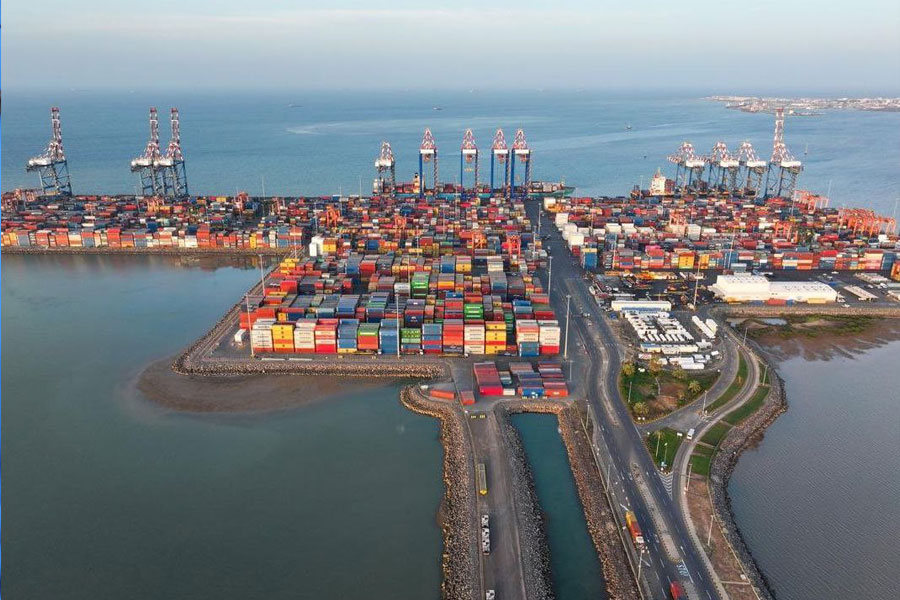
Fortune News | Jun 11,2024

Featured | Nov 12,2022
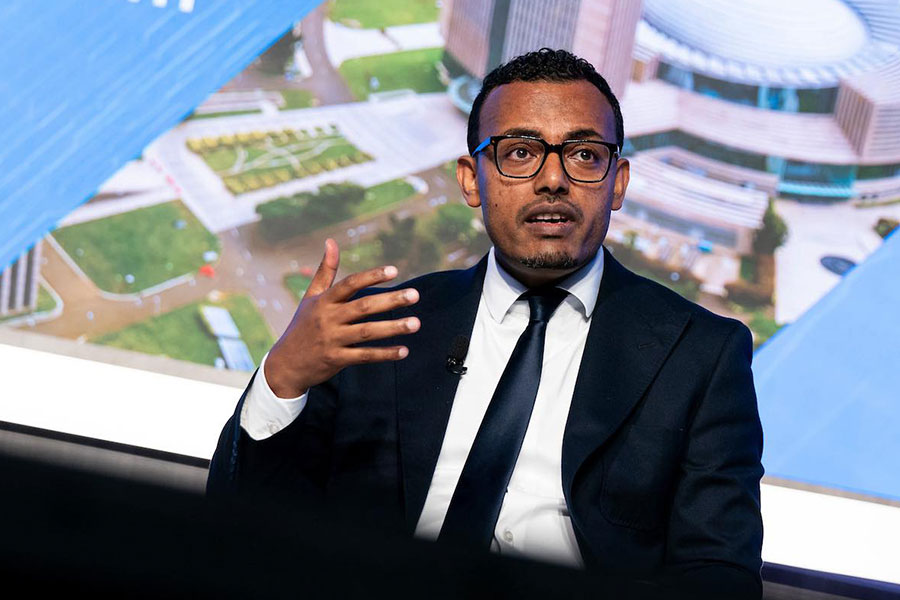
Fortune News | May 31,2025

Radar | Nov 09,2024
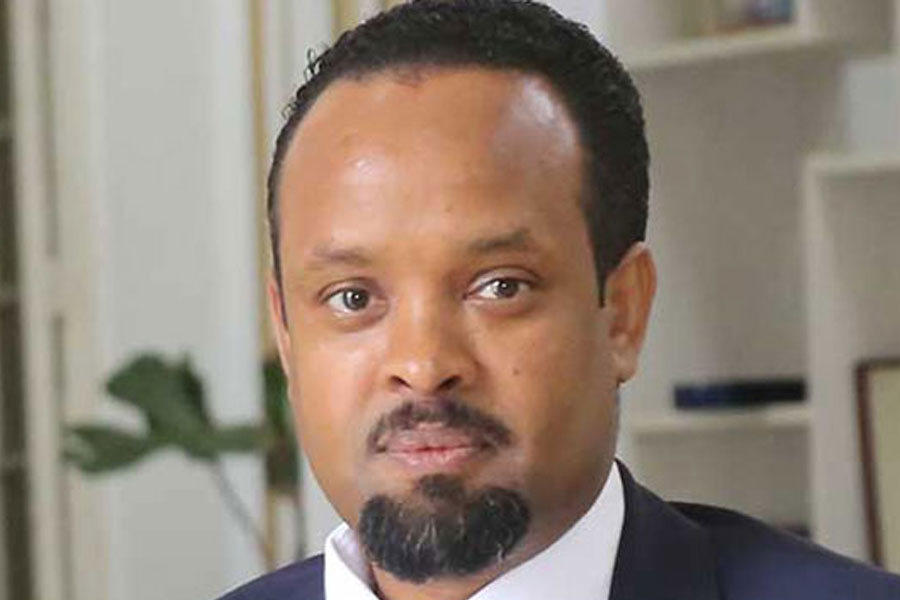
Fortune News | May 20,2023

Fortune News | Mar 25,2023
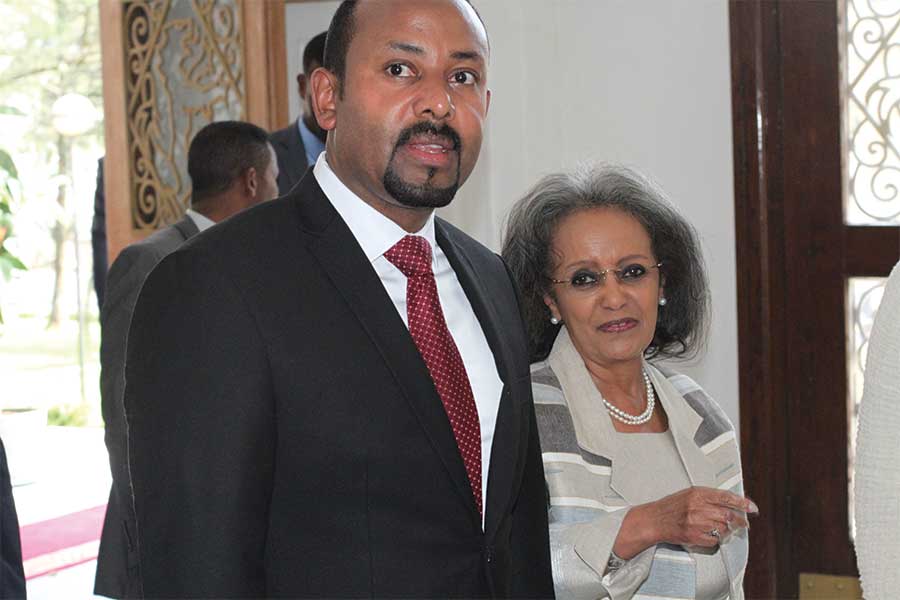
Fortune News | Oct 12,2019
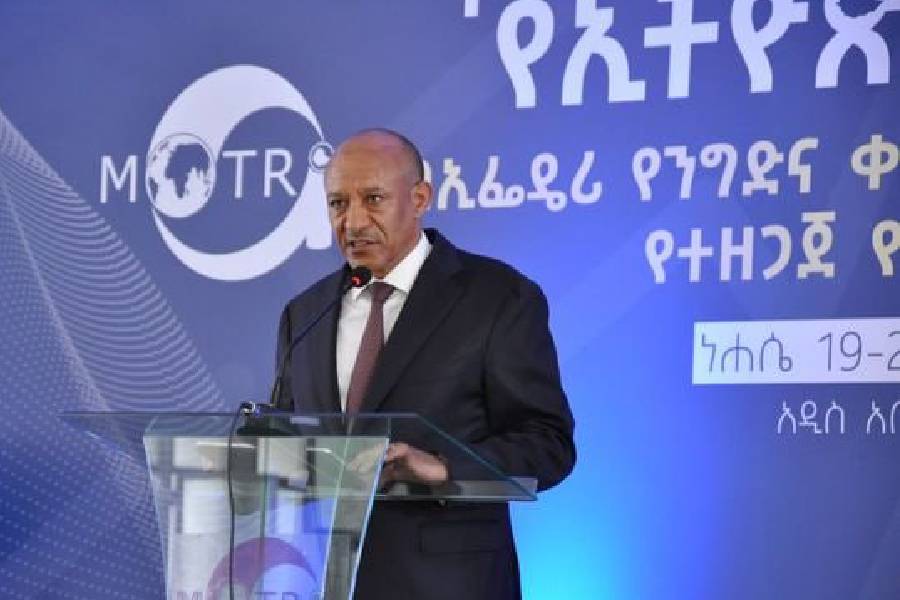
Fortune News | Sep 09,2024

My Opinion | Jun 28,2025

My Opinion | 131983 Views | Aug 14,2021

My Opinion | 128371 Views | Aug 21,2021

My Opinion | 126309 Views | Sep 10,2021

My Opinion | 123927 Views | Aug 07,2021

Dec 22 , 2024 . By TIZITA SHEWAFERAW
Charged with transforming colossal state-owned enterprises into modern and competitiv...

Aug 18 , 2024 . By AKSAH ITALO
Although predictable Yonas Zerihun's job in the ride-hailing service is not immune to...

Jul 28 , 2024 . By TIZITA SHEWAFERAW
Unhabitual, perhaps too many, Samuel Gebreyohannes, 38, used to occasionally enjoy a couple of beers at breakfast. However, he recently swit...

Jul 13 , 2024 . By AKSAH ITALO
Investors who rely on tractors, trucks, and field vehicles for commuting, transporting commodities, and f...

Jul 5 , 2025
Six years ago, Ethiopia was the darling of international liberal commentators. A year...

Jun 28 , 2025
Meseret Damtie, the assertive auditor general, has never been shy about naming names...

Jun 21 , 2025
A well-worn adage says, “Budget is not destiny, but it is direction.” Examining t...

Jun 14 , 2025
Yet again, the Horn of Africa is bracing for trouble. A region already frayed by wars...

Jul 6 , 2025 . By BEZAWIT HULUAGER
The federal legislature gave Prime Minister Abiy Ahmed (PhD) what he wanted: a 1.9 tr...

Jul 6 , 2025 . By YITBAREK GETACHEW
In a city rising skyward at breakneck speed, a reckoning has arrived. Authorities in...

Jul 6 , 2025 . By NAHOM AYELE
A landmark directive from the Ministry of Finance signals a paradigm shift in the cou...

Jul 6 , 2025 . By NAHOM AYELE
Awash Bank has announced plans to establish a dedicated investment banking subsidiary...